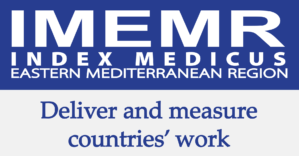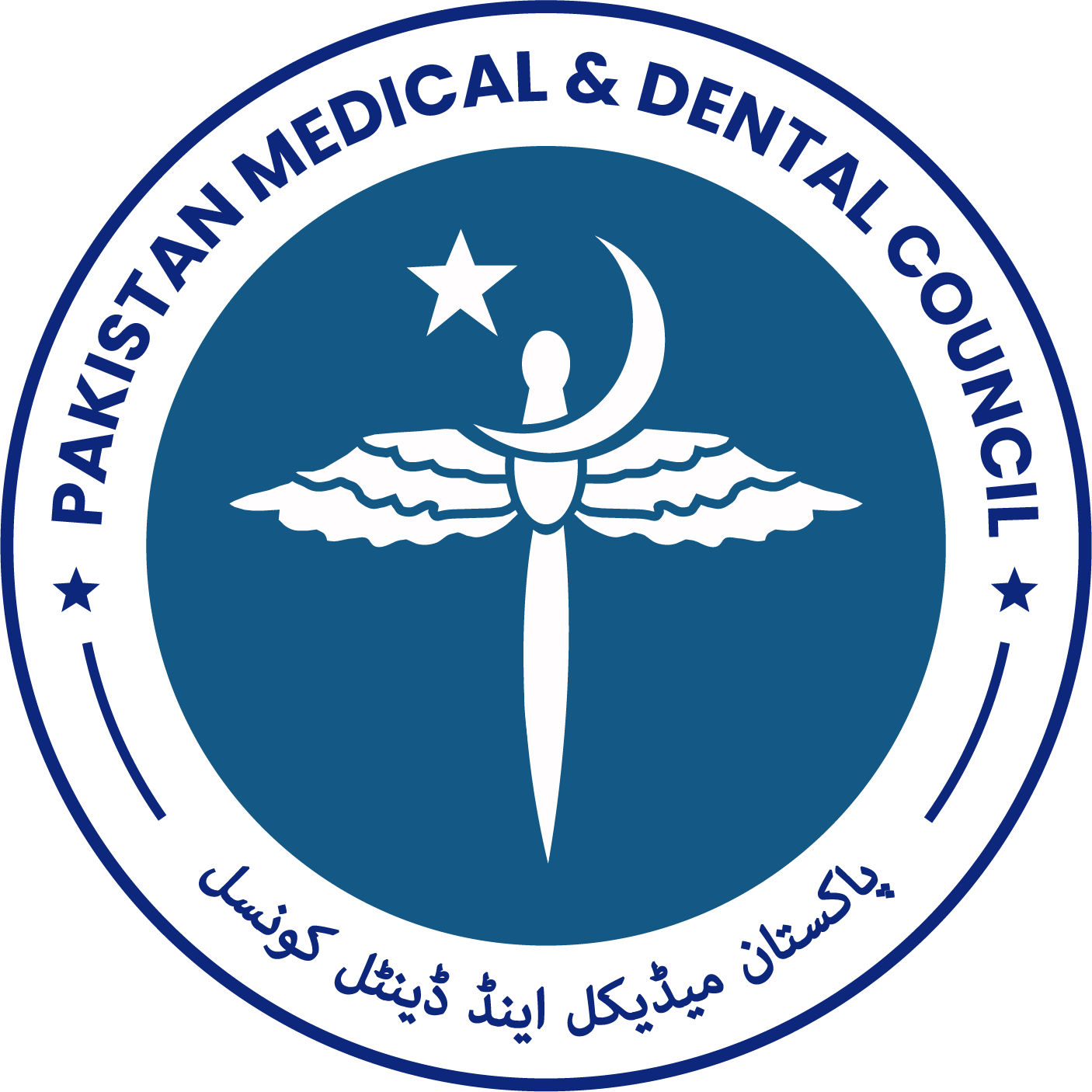Disclosure of Human Immunodeficiency Virus Serostatus to the Patient; Issues for Laboratory Staff
DOI:
https://doi.org/10.53685/jshmdc.v1i1.54Keywords:
Laboratory staff, HIV serostatus, Disclosure of Result, Positive resultAbstract
Background: The disclosure of positive HIV status to a patient is not an easy task. In the developed world with established protocols for doing this, it becomes relatively simpler to present the results to the patient. In underdeveloped countries like Pakistan, it is not easy for the laboratory personnel in particular to convey such results to the patient.
Case Presentation: The problem has been discussed in the light of two cases presenting to Shalamar Teaching Hospital. The first case is an example of “Provider referral” and the second one the “Self-referral”. At the end, recommendations are made to effectively handle the situation in an underdeveloped setup like Pakistan.
Discussion: Complete knowledge of the disease is an essential requirement for anybody from the pathology department contemplating this responsibility. In addition, all communications should be in the local language and the counselor must be able to address all the questions/concerns raised by the patients and/or their families. The counselor learns the skill more through supervised training rather than a taught course.
Conclusion: This responsibility should be accepted only if the laboratory staff has no other option.
References
https://www.nhs.uk/conditions/sexually-transmittedinfections-stis/. Accessed 23 September, 2018.
Laurence Knott (2015) HIV Counseling.https://patient.info/doctor/hivcounselling. Accessed 23 September, 2018.
Terrence Higgins Trust. https://www.tht.org.uk/hivand-sexual-health. Accessed 23 September, 2018. 4. Pakistan Country Strategy for HIV Testing & Counseling based on situation and response analysis (2012). http://www.nacp.gov.pk. Accessed 23 September, 2018
Confidentiality - Good practice in handling patient information. General Medical Council, UK 2017.Available at www.gmc-uk.org/guidance. Accessed 23 September, 2018.
Kukafka R, Millery M, Chan C, LaRock W, Bakken S. Assessing the need for an online decision-support tool to promote evidence-based practices of psychosocial counseling in HIV care. AIDS Care. 2009; 21(1):103-108. DOI: https://doi.org/10.1080/09540120802033864
Kerwin ME, Walker-Smith K, Kirby KC. Comparative analysis of state requirements for the training of substance abuse and mental health counselors. Journal of Substance Abuse Treatment. 2006;30(3):173-181 DOI: https://doi.org/10.1016/j.jsat.2005.11.004
Mabuto T, Charalambous S, Hoffmann CJ. Effective Interpersonal Health Communication for Linkage to Care After HIV Diagnosis in South Africa. J Acquir Immune DeficSyndr. 2016; 74(Suppl 1): S23-S28. DOI: https://doi.org/10.1097/QAI.0000000000001205
World Health Organization. Pakistan Profile http://cfs.hivci.org/country-factsheet.html. Accessed 24 December, 2018
Downloads
Published
How to Cite
Issue
Section
License
Copyright (c) 2019 Maryam Riaz Tarar, Tahir Naeem, Muhammad Ebrahim Naeem

This work is licensed under a Creative Commons Attribution-NonCommercial 4.0 International License.
You are free to:
- Share — copy and redistribute the material in any medium or format
- Adapt — remix, transform, and build upon the material
- The licensor cannot revoke these freedoms as long as you follow the license terms.
Under the following terms:
-
Attribution — You must give appropriate credit, provide a link to the license, and indicate if changes were made. You may do so in any reasonable manner, but not in any way that suggests the licensor endorses you or your use.
-
Non Commercial — You may not use the material for commercial purposes.
-
No additional restrictions — You may not apply legal terms or technological measures that legally restrict others from doing anything the license permits.





















